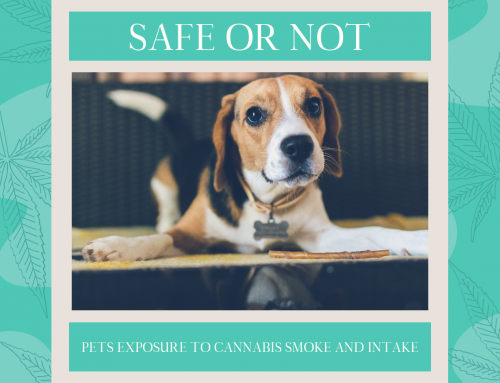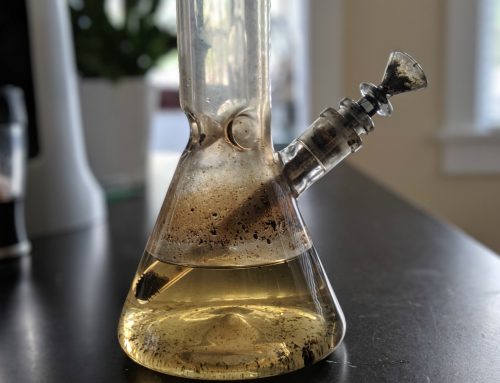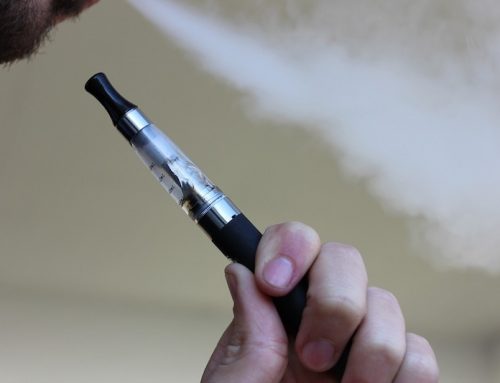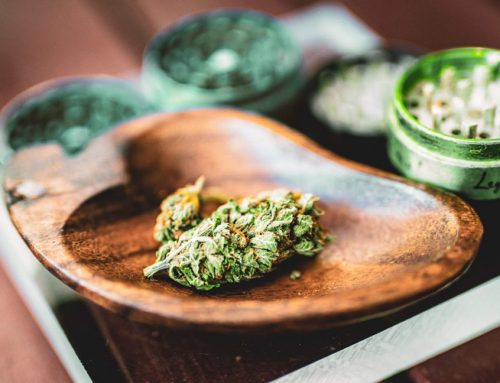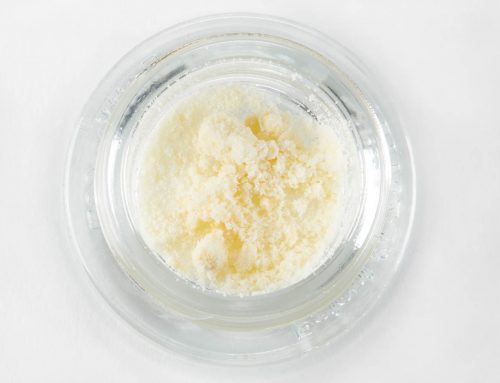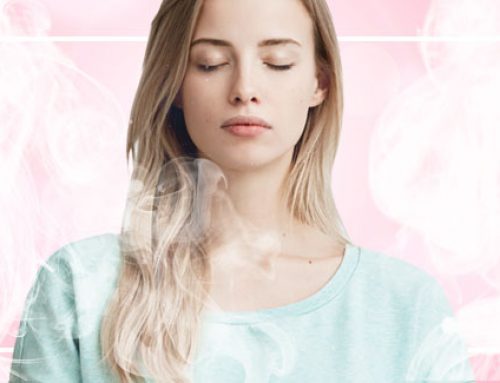Chelsea Clinton Says Cannabis Is Killing People!
So the big debate over in the United States right now is whether and to what extend cannabis should be legalized. As nine states prepare to head to the ballot boxes this coming November, we could be looking at the most significant change in cannabis policy in US history. But what makes things so significant and encouraging this time around is the fact that we already have a number of working examples to go by. There’s Colorado, Washington etc. where recreational cannabis is legal, while the medical stuff has been green-lighted across half the country. And contrary to the cries of critics, it is only bringing benefits and positives to the regions it’s now permitted.
Still, this isn’t stopping critics across the US throwing their own misguided and unfounded accusations at the whole topic. Given the fact that the presidential race is entering such an important stage, any comments that come from the two prime candidates could have a significant impact on what takes place.
But what about their kids?
Chelsea Speaks…Is Anyone Listening?

Well, it’s pretty safe to say that if Chelsea Clinton herself was running for office, there’s very little likelihood she’d be winning over the weed camp. Unlike some of the more hard-lined critics, she has at least stated that she believes cannabis does indeed have medicinal properties and at least some benefits. Nevertheless, it’s what she said about the apparent dangers of cannabis that have to some extent rendered her spiel null, void and nonsense.
Long story short – Chelsea Clinton says that cannabis legalization is killing people. Or more specifically, in states where cannabis has been legalized there has been an increase in the number of people killed by cannabis.
And cue the collective cringe from the cannabis community.
She made her remarks while campaigning for her mum – Hilary Clinton largely being a shoe-in for the job at this stage. She appeared at Youngstown State University to speak to a large gathering of students, when she made a number of rather vague and slightly irritating comments on cannabis and its properties/effects. “Anecdotally, we have lots of evidence…” she said, when stating that there’s reason to believe cannabis can be effective in relieving the side-effects of chemotherapy and treating epilepsy. The only problem being that at this stage, the evidence really isn’t anecdotal – it’s about as concrete as it gets.
So a slightly vague take on things, but it was what she said about public health in states with legal cannabis that will have really rubbed the cannabis community up the wrong way. She highlighted a number of recent deaths in Colorado and made it abundantly clear that she’s pointing the finger of blame at weed.
“We also have anecdotal evidence now from Colorado where some of the people who were taking marijuana for those purposes, the coroner believes, after they died, there was drug interactions with other things they were taking,” she said.
Pure Propaganda
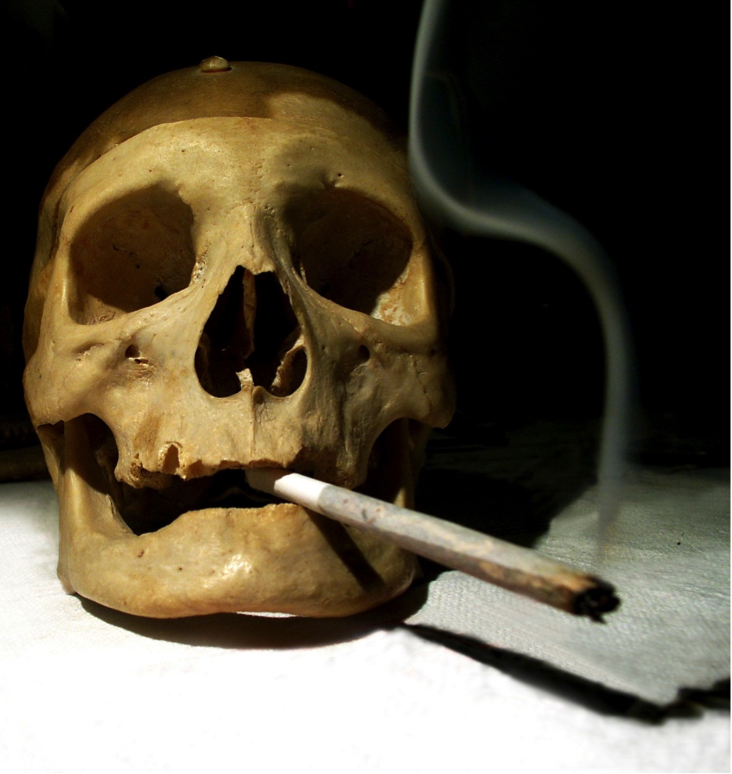
Now, as those who prefer to make their judgements and opinions based on facts rather than half-baked theories, it’s pretty clear that the above statement does not hold a great deal of truth. In fact, none at all. First of all, there’s the well-documented fact that despite cannabis having been used by mankind for literally thousands of years all over the world, it has never been directly related to a single death. Not one. Not ever. Nevertheless, each and every time critics make the decision to scare the public away from something they themselves don’t remotely understand, they dip into the bag and pull out the same tired-old propaganda.
The problem being, it often works.
Secondly, this happens to be the first time anything has been said in a semi-official capacity with regard to the potential for cannabis to interact with other drugs and treatments, in such a manner that could actually lead to the person dying. A worrying thought, but one that again has really no scientific grounding or basis.
As far as the experts are concerned – basing their opinions on facts and evidence – it is indeed possible for cannabis to interact in a minor way with certain foods and medications. However, there is literally ZERO evidence to date to suggest that cannabis has the potential to interact with anything so severely that it would result in serious illness or death.
“Cannabis is not known to produce any lethal interactions with other substances, including foods and beverages,” reads one of the articles documenting this fact.
“In fact, as natural and synthetic drugs go, cannabis is exceptionally gentle, with negative effects typically limited to: anxiety, dry mouth, increased thirst,
Dr. Jordan Tishler penned and published the article, who happens to be one of the most respected and experienced cannabis experts in the world. He went on to state that while it’s possible for cannabis to intensify the effects of things like muscle relaxants, tranquilises, anti-depressants and alcohol, the effects produced are in no way physically harmful. So once again, there is zero evidence to suggest that cannabis has contributed to any deaths through drug or food interaction – Clinton’s comments having been plucked out of thin air.
But then again, this is hardly new.
A Shaky Standpoint
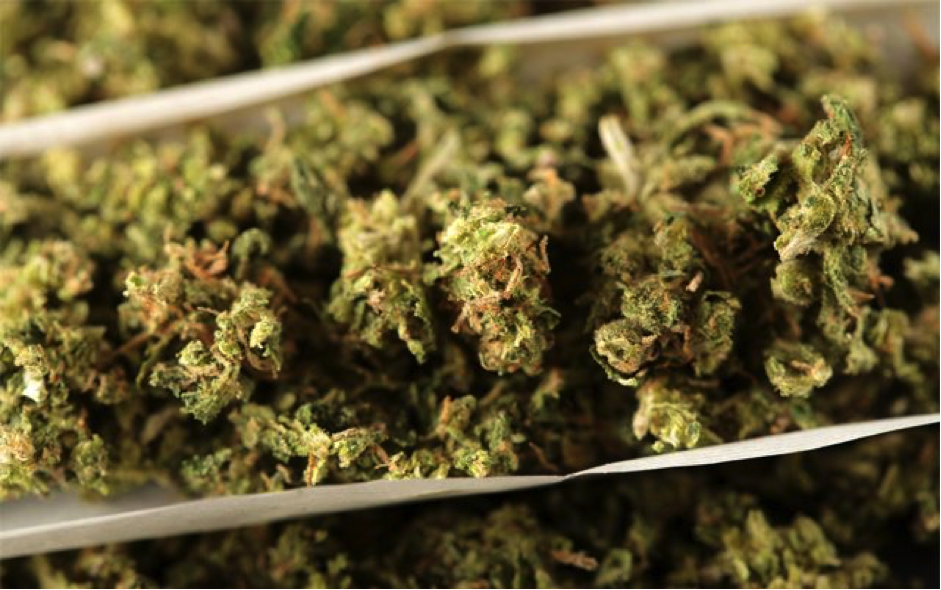
The problem with the comments shared by Chelsea Clinton is the way in which they came across as vague, misleading and perhaps a little counterproductive. On one hand, she did at least reemphasise previous comments made by her mother, with regard to her intention to continue pushing for greater research into medical marijuana and its uses. On the other, she pretty much stated in no uncertain terms that cannabis is a dangerous drug – one that has the potential to cause harm and even kill.
And while this totally outdated theory continues to do the rounds, it is unlikely that the federal government will relax its current classification of cannabis as a danger to public health.
“We just need so much more data than we have so that people who might benefit have the chance to benefit, people who might be in danger are protected,” she said.
“So absolutely, my mom strongly supports the need for more rigorous study and then subjecting it, as we do kind of everything else that might have a medicinal purpose, to FDA approval, scrutiny and ultimately regulation.”
Still, one of the more encouraging promises from Hillary Clinton is that if she does take the job later this winter, she will work toward removing the Schedule 1 classification of cannabis. She’s made it clear that she doesn’t intend to open up availability to the whole country no-questions-asked, but she’s given the impression that she’s committed to fair and sensible medical marijuana research and access. And given the comments of the US Attorney General this week, it’s becoming pretty clear that the country’s top governmental names and advisors are finally coming around to the reality of what weed really is and isn’t.
It’s No Gateway Drug

Addressing an audience of high school students at an event in Kentucky a few days ago, US Attorney General Loretta Lynch hit back at one of the primary arguments touted by anti-cannabis campaigners. She said in no uncertain terms that despite constant cries to the contrary, cannabis is not in fact a gateway drug. Or in other words, cannabis users are in no way more likely to move onto harder drugs than anyone else.
Exactly as pro-cannabis campaigners have been consistently arguing, she said that it is in fact prescription drugs that should be the primary focus of those seeking to fight abuse and the transition to harder drugs. Those who abuse opioids and prescription painkillers represent the group most likely to move onto drugs like heroin.
“In so many cases, it isn’t trafficking rings that introduce a person to opioids,” she said.
“It’s the household medicine cabinet. Something you can have prescribed to you in good faith by a doctor. That’s the source.”
She went on to state that arguments with regard to cannabis being connected with the use and abuse of other drugs had been exaggerated for some time.
“It isn’t so much that marijuana is the step right before using prescription drugs or opioids—it is true that if you tend to experiment with a lot of things in life, you may be inclined to experiment with drugs, as well,” she said.
“But it’s not like we’re seeing that marijuana as a specific gateway.”
As one of the states facing a severe opioid addiction and overdose crisis, her comments were of particular significance to the people of Kentucky. According to the latest official figures, more than 1,000 of Kentucky’s citizens are now losing their lives every year to prescription painkillers. Across the country as a whole, opioid and heroin overdoses are responsible for more than 60% of all deaths related to drug use. In addition, the number of overdose deaths annually has exploded by almost 14% between 2000 and 2014.


